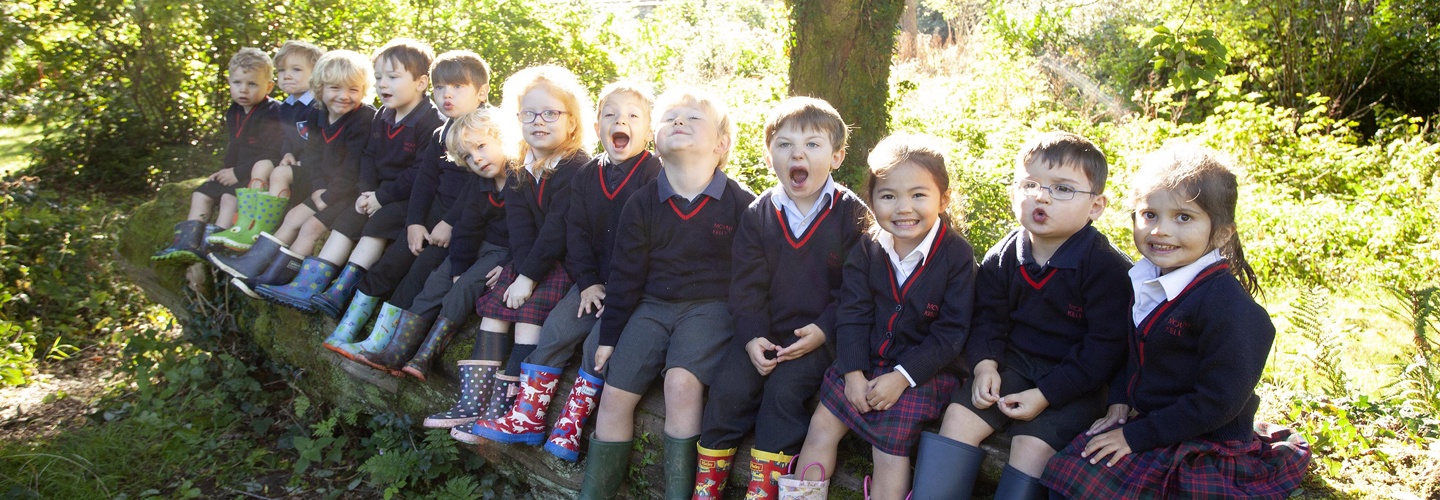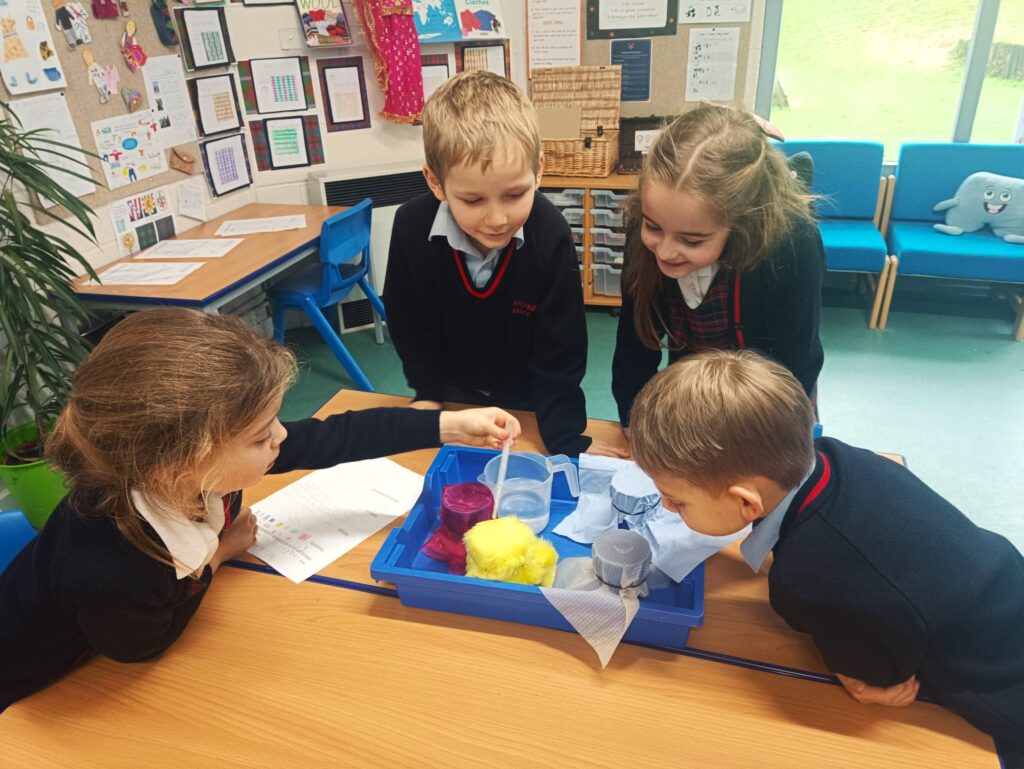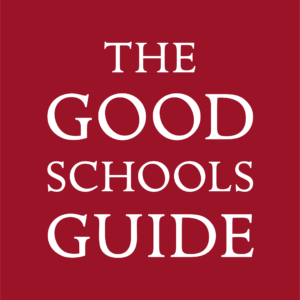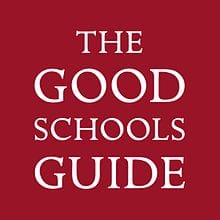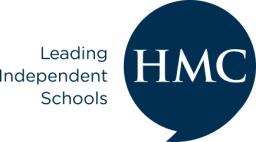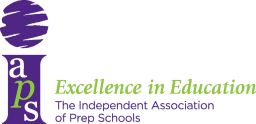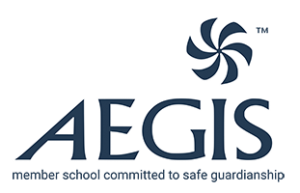- About Us
- About Us
- Head Master’s Welcome
- Why Mount Kelly?
- Academic Success
- Wellbeing
- Jobs
- School Guide
- Governance
- Community
- Social Media
- Admissions
- Admissions
- Admissions Experience
- Overseas Pupils
- Scholarships & Awards
- Request a Prospectus
- Open Days & Visits
- Fees
- Admission Documents
- Prep
- Prep
- Life at the Prep
- Wellbeing
- Academic
- Pupil Leadership
- Pre-Prep
- Co-Curricular
- Sport
- College
- College
- Academic
- Co-Curricular
- Wellbeing
- Guidance
- Sport
- Sixth Form
- Sixth Form
- Academic
- Co-Curricular
- Beyond the Curriculum
- Wellbeing
- Guidance
- Pupil Leadership
- Sport
- Girls’ Performance Football
- Social Life
- Boarding
Key Stage 1 Curriculum
Numeracy
The main focus in these formative years is on developing confidence in using numbers.
We use White Rose Maths, which links into the whole Prep mathematics curriculum to lay the foundations for mastery as children move through the Prep.
We help children realise that numeracy is a lot of fun, and games and practical activities encourage use of imagination and initiative. Mental arithmetic games play a large part in the thier learning as this is vital to building self-confidence. We also focus on times tables from Year 1 to aid mental arithmetic.
Literacy
Key skills are not only taught; a genuine love of the subject is fostered at an early age.
Literacy is an essential part of society and our education. English lessons are a portal for children to share their creativity and opinions in a secure and open environment. Handwriting, spelling, grammar, comprehension and composition are taught to enable them to speak and write fluently, and to communicate their ideas and emotions to others.
Reading
Reading is a prerequisite for access to the rest of the curriculum, and is therefore a key focus.
Phonics is taught through daily Read write Inc sessions. As the children move through the School they are given a wide range of texts, including stories from different genres, poetry and plays, and through this they are taught a variety of reading strategies. The children progress from books designed to help teach reading and extract literal understanding, through to books that encourage skills such as inference, deduction and evaluation. Older children from the school read with the younger children; the joy of this interaction is clear for all to see. We foster a love of books which gives pleasure, entertains and informs.
International Primary Curriculum (IPC)
Children learn best when they want to learn; that’s why IPC has over 130 different thematic units, designed to appeal to children’s interests and help them learn about the world around them.
Subjects covered include Arts, Science, ICT & Computing, Design and Technology, History and Geography.
Games, Gymnastics, Dance and Swimming
Teamwork, healthy competition and fun are encouraged through PE and Games lessons. Children receive an all-round education in health and fitness and learn specific skills to approach sport confidently. All children are encouraged to be physically active. Our three sports pitches, sports hall, tennis courts and squash courts allow us to offer a variety of physical activities. Key Stage 1 children are coached in Football, Basketball, Netball, Cricket, Hockey and Tag Rugby. In the summer children are coached in Athletics, culminating in our annual Sports Day.
Pupils receive a weekly swimming session, taught by Mount Kelly swimming coaches.
Personal, Social, Health and Economic Education (PSHE)
PSHE fosters the values and skills that will guide children through the challenges they will face in life. The curriculum incorporates elements of community, philosophy, self-reflection, charity and healthy living and the ability to empathise with, relate to, and understand others.
The importance of initiative, self-reliance, endeavour and respect are taught. We promote a Growth Mindset and aim to develop this vital life skill by encouraging children to face challenges and learn from their mistakes.
We encourage children to become Upstanders who think about helping others and understand that we are all responsible for each other’s happiness.
French
During Key Stage 1 lessons are hands on, fun and practical, with listen and respond songs, rhymes and even familiar stories in French. Use of gesture and visual prompts help the children begin to understand the language. These approaches encourage active learning as children explore language together in games and songs, to show what they know.
ICT
Children are taught the value of the internet and, within the security of the School’s network, the importance of being safe on-line. Access to the internet is restricted, monitored and protected. We hold eSafety workshops for children and parents, though safe practice is ongoing and thorough.
Children are encouraged to use technology as a tool to learn in all aspects of the curriculum.
Learning Outside the Classroom (LOTC)
LOTC takes place in our amazing grounds, providing pupils with challenging, exciting and different experiences to help them learn. At Mount Kelly Pre-Prep we have weekly sessions and a whole week outside the classroom in the summer term.
Plus, throughout the year, children have frequent, continuous and progressive experiences in the school grounds, and enjoy many educational visits. These experiences are used as a tool for teaching, learning and delivering the curriculum across all subject areas.
Religious Education (RE)
RE includes the study of Christianity, as well as an understanding of the other major world religions. We support understanding and respect for the beliefs and customs that children will encounter in life, together with a confidence in their own faiths. We invite parents to visit the School and share knowledge of their cultures; we visit local churches and synagogues and celebrate events such as Chinese New Year, Sukkot, Diwali and Eid.
Extra-Curricular Clubs
Our extra-curricular programme extends experience of the world and gives children opportunities to work and play together. Skills and interests which may last a lifetime include sewing, choir, football, yoga, Lego, dance, cooking, tennis, judo chess and London Academy of Music & Dramatic Art (LAMDA).
Community
To widen horizons children visit Dame Hannah Rogers, a school for disabled children and young adults. This reciprocal partnership has developed over the years; teachers from Dame Hannah Rogers teach Makaton and our children entertain the residents. We encourage children to respect and value the older generation and invite residents of local homes to our Nativity.
Our local market town, Tavistock, is the only town in Devon with world heritage status. We regularly visit the post office, church and local supermarkets and are actively involved in Road Safety Week. We also have close links with charities, including Tavistock Foodbank and School in a Bag.
“… sets out to make childhood last as long as possible but does a great job of developing pupils’ independence along the way.”
The Good Schools GuideLet us contact you
Please complete the short form below and a member of our Admissions Team will contact you.

